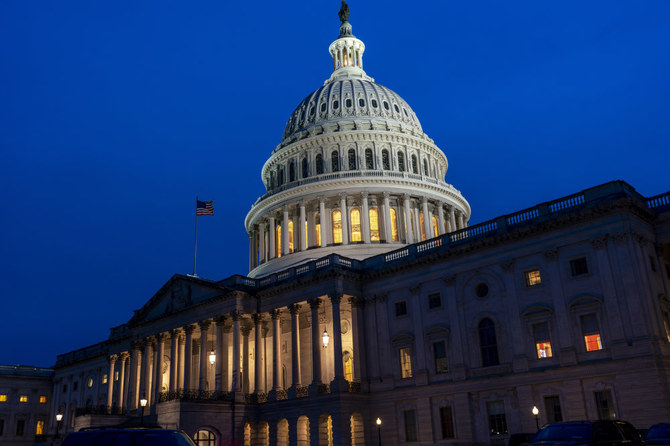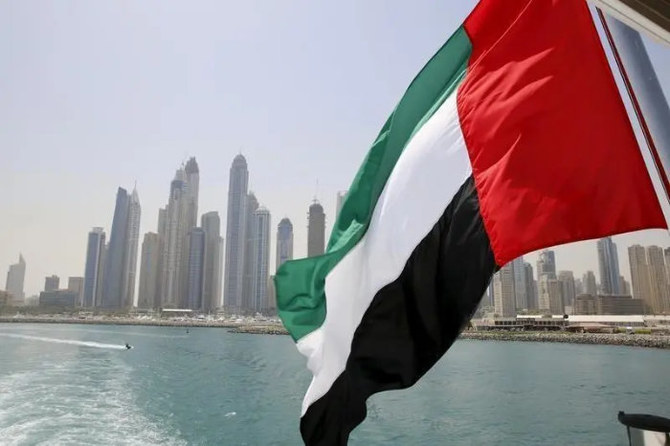
“The war in Afghanistan is over,” proclaimed Joe Biden. How wrong he will be proved to be.
This was never a baseball game that simply folds when we all walk away, yet that is how Biden sold it to his fellow Americans, even though combat operations had ended in 2014.
A mere 2,500 US troops (with allied support) enabled Afghan forces to hold the line and to contain the conflict. Yes, it was messy – certainly no blueprint on how to successfully nation-build – but by staying, we offered assurance and advanced stability and defended our values.
The folly of our withdrawal, in ceding Afghanistan to the very insurgency we went in to defeat, has not only unleashed another dark chapter in this troubled nation’s modern history, but is also confirmation of just how weak the west has become in shaping our world for the better.
As the Auckland terrorist attack has recently illustrated, what happens in Afghanistan does not stay in Afghanistan. We should expect, and prepare for, a wave of similar attacks leading up to the 9/11 anniversary when modern-day terrorism burst so tragically into view.
It is, however, the accompanying seismic shift in US foreign policy, signalling America’s retreat from global affairs, which will mark the significance of this moment in our history books.
“America is back” did not last long. It has been replaced with a return to isolationism – responding to US domestic opinion, rather than shaping it. Biden’s claim to end the “forever war” mimics Trump’s “America First” strategy, in both cases designed to secure domestic support.
We should not underestimate the geopolitical significance of what we are witnessing: a belated recognition that the triumph of western liberalism after the fall of the Soviet Union is over. The high-water mark from postwar democracy is behind us. Whenever great nations lose the will to protect their values, chaos invariably follows.
Ambitious successors and those who operate against the rules-based order see vacuums to fill. Each century, as successive Spanish, French, British, Russian – and now American – powers stumbled, stability shuddered and often descended into global conflict.
The Covid pandemic has already exposed how protectionist our world was becoming, prompting countries to further retreat from global exposure. At the same time, the west has become increasingly risk-averse, losing sight of what it is we stand for, believe in and are willing to defend. Our adversaries have not been slow to exploit our weakness.
This is not the first time the United States has stepped back, but this time it’s different. Vietnam is often cited as a defeat that failed to interrupt America’s global power and standing. But back then, Washington’s determination to confront the Soviet Union, support its allies and defend its values was never questioned. Far from pulling up stumps, Reagan doubled down on the US’s global mission. Sixteen years after the helicopters left Saigon, communism, once seemingly invincible, was in ruins. This, said Francis Fukuyama, was “the end of history”. Instead, the west’s period of dominance under the Pax Americana is revealed to be the shortest of all those great powers that bestrode the world. President Xi’s China is waiting patiently.
If this is the new realpolitik as the US turns inward, where should we look for western leadership? Germany is in flux as its political anchor, Angela Merkel, retires. France is distracted by elections.
And Britain? Afghanistan has been a brutal wake-up call for us too. It has exposed the shortfalls in Whitehall’s co-ordination, strategic thinking and, more widely, the limits of UK power and influence. More than enough justification to hold a public inquiry.
It has showed just how dependent our foreign policy has been on the US, which, in turn, sees us as less relevant, with the “special relationship” no longer even keeping us in the loop.
For more than 80 years, we were the bridge between America and Europe. Post-Brexit, we are no longer the go-to country when the White House wants a second opinion. The back channels are significantly diminished and our relationship both with our European allies and the US is at its lowest for a generation. We have lost the passion and the art of leadership and have caused further reputational damage in the unattractive blame game over Afghanistan that has played out so publicly between the Ministry of Defence and the Foreign, Commonwealth and Development Office. This unseemly, unprofessional squabbling must stop.
It is true that these two departments could co-ordinate and communicate better. I was a minister in both and witnessed first hand the scale of duplication on security matters. If we are serious about rekindling any status of global leadership, as we’ve done in the past, then there’s more to do than just knocking heads together or moving the deckchairs around.
Whitehall requires a complete overhaul. Our foreign policy is too reactive and lacking in confidence - it doesn’t set us apart for what we stand for, only for some things we stand against. Despite the fanfare of our “global Britain” branding, the Whitehall bandwidth is too limited and not sufficiently strategic to offer the big picture thought-leadership that has the potential to help generate solutions to international problems.
This was once our forte and the strength that Washington valued so much in the past. Cutting the size of our conventional forces and our aid budget add to the perception we too are stepping back.
These are ever more dangerous and unpredictable times. Do we, once again, have the appetite to step into the void and lead? I know what Churchill and Thatcher would have done. The foundations that have served us well in the past remain strong. Our values, trust, reach and connectivity along with our hard and soft power are arguably among the best in the world. But if we are serious about being a “problem-solving, burden-sharing nation”, we don’t just require a cabinet reshuffle but must facilitate the largest overhaul of Whitehall culture and operations since the war.
The world is changing fast. Both errant state and non-state actors sense weakness. The west and its institutions, from Nato to the UN, urgently require a new sense of purpose. And we need to rediscover the fire in our belly to once again punch above our weight.
When Britain lost America, we built the empire. When we lost the empire, we sought Europe. Now we seem to have lost both with no plan B. Our departure from Afghanistan has no doubt made the world more unstable. My fear is that, without a revival of our will to lead in the world, it will make us ever less relevant. This is not where Britain should go.
Tobias Ellwood is Tory MP for Bournemouth East and chair of the House of Commons Select Committee on Defence












